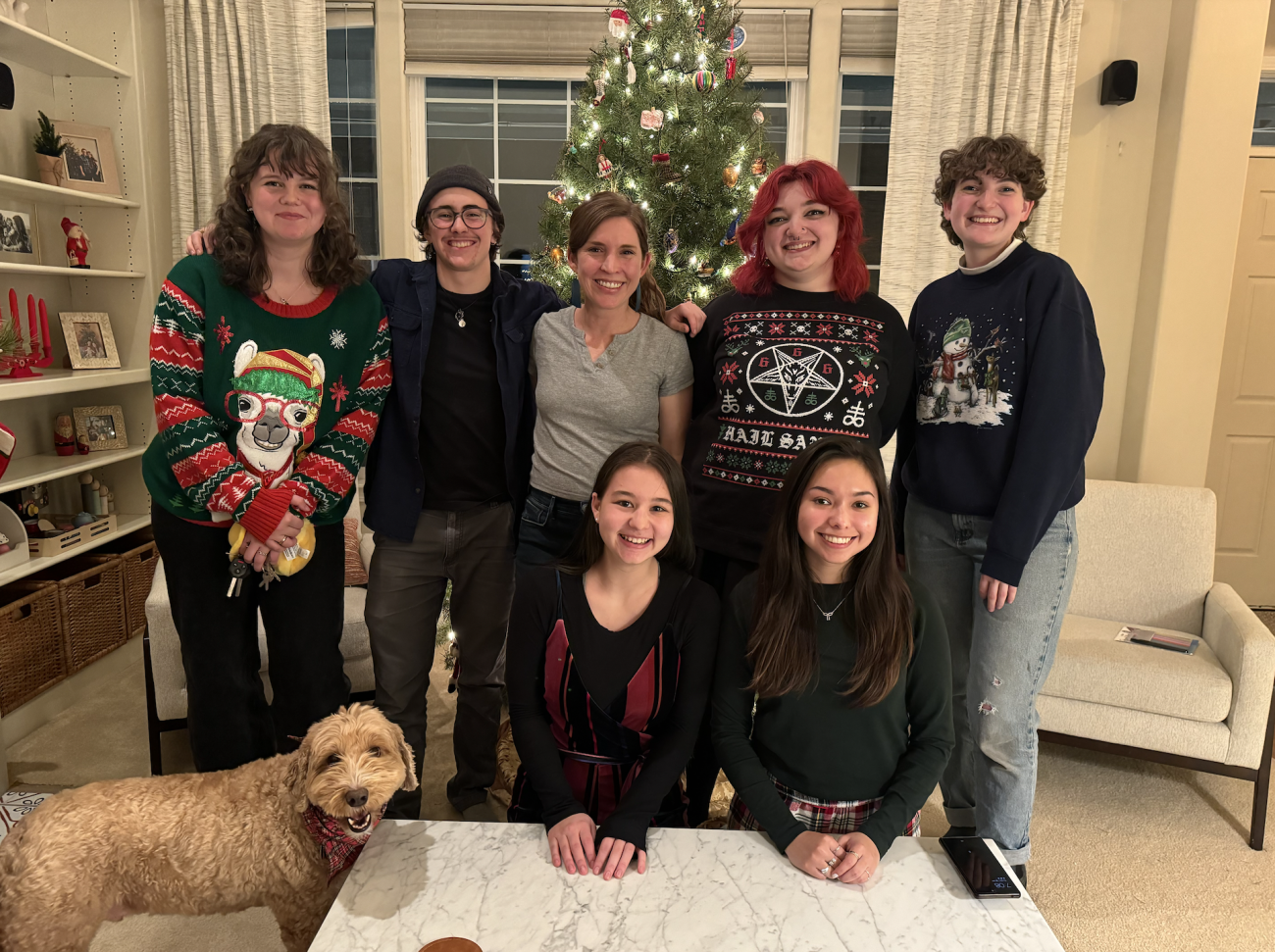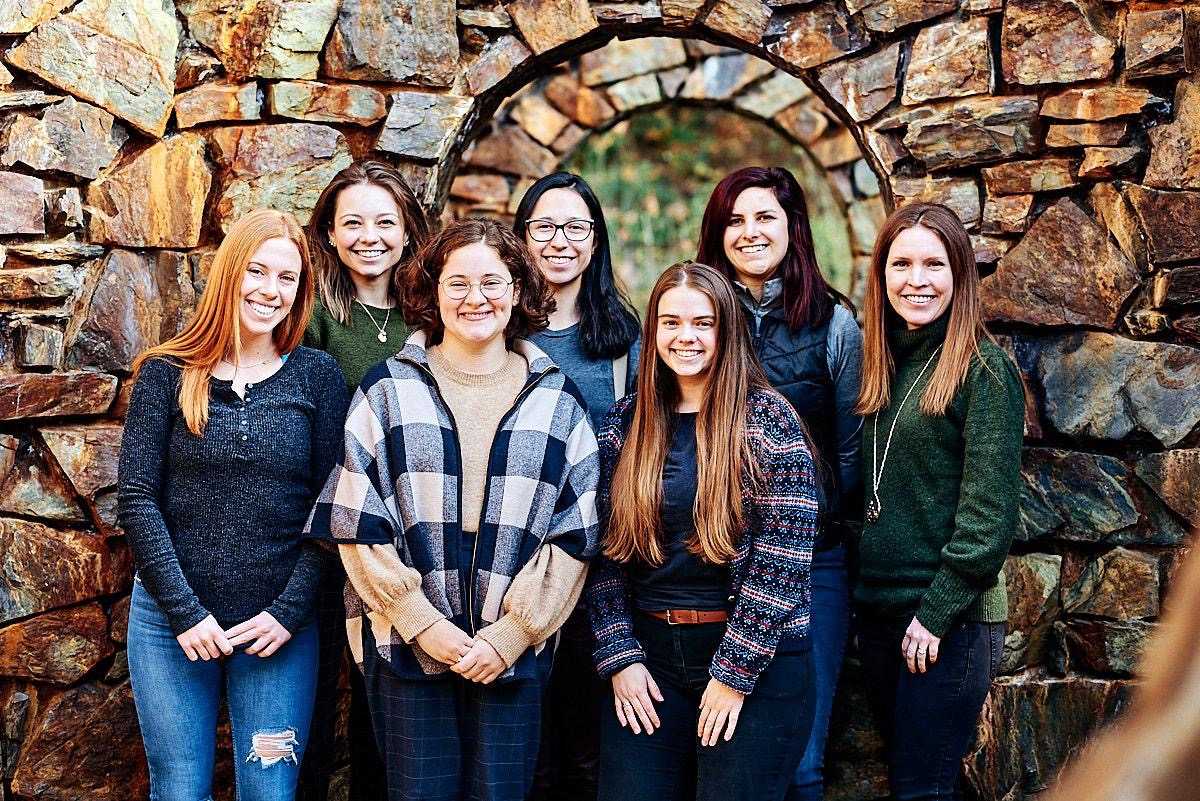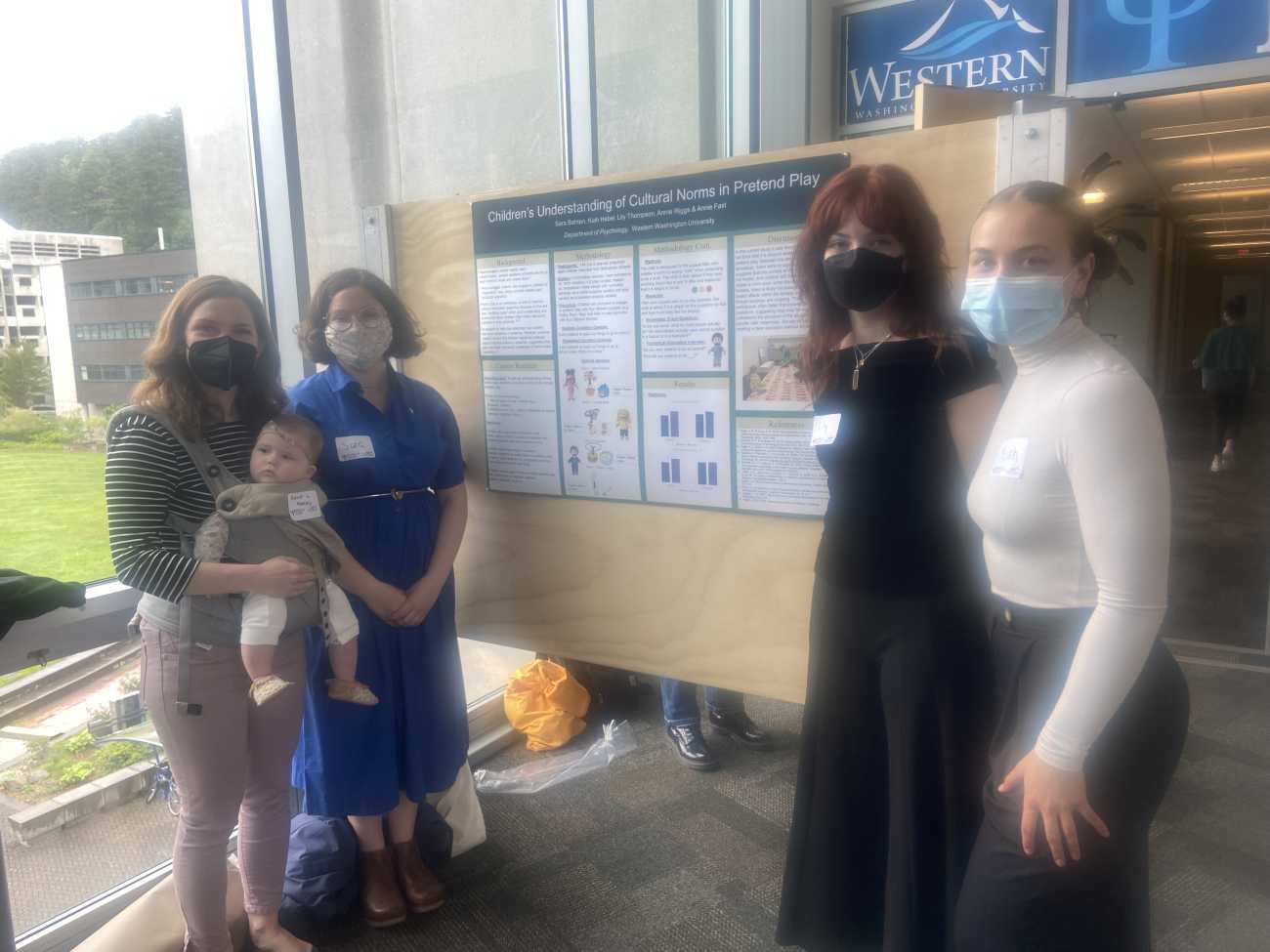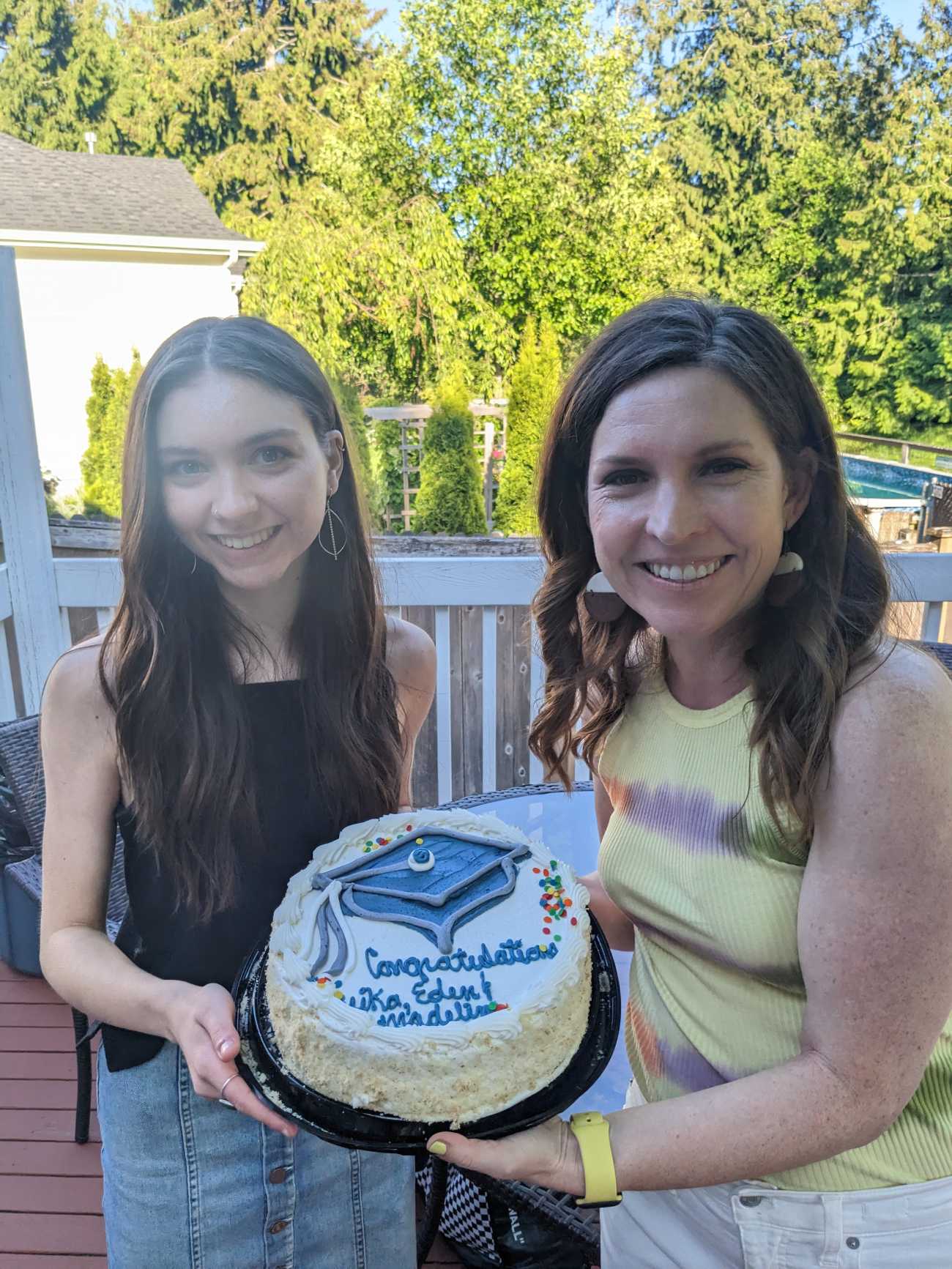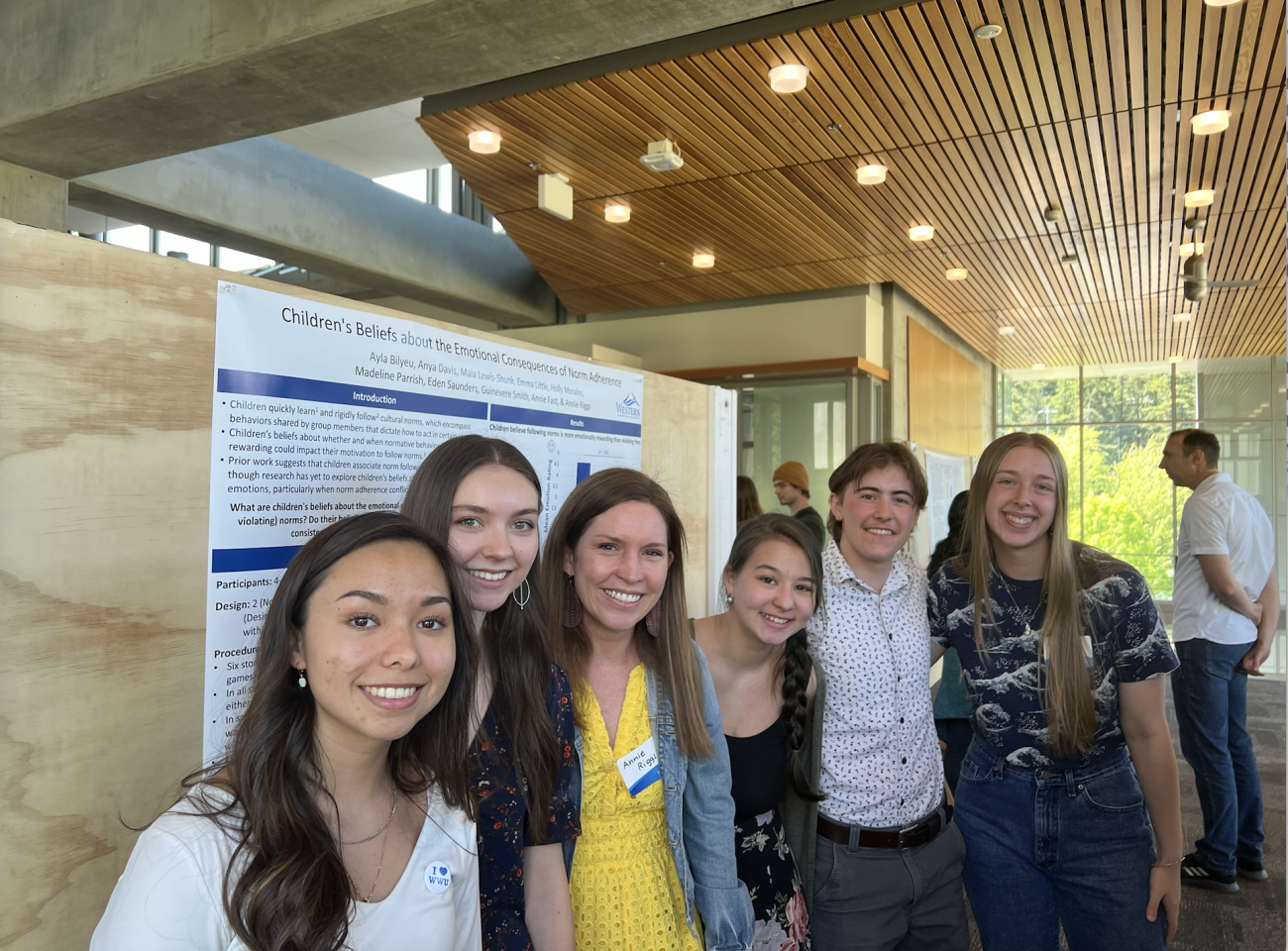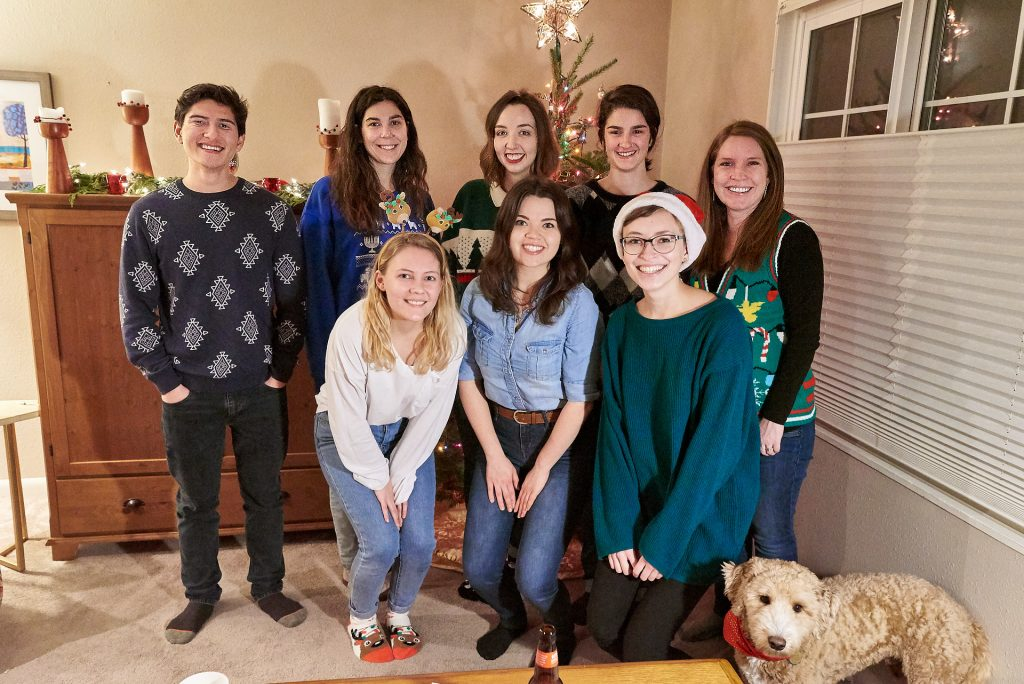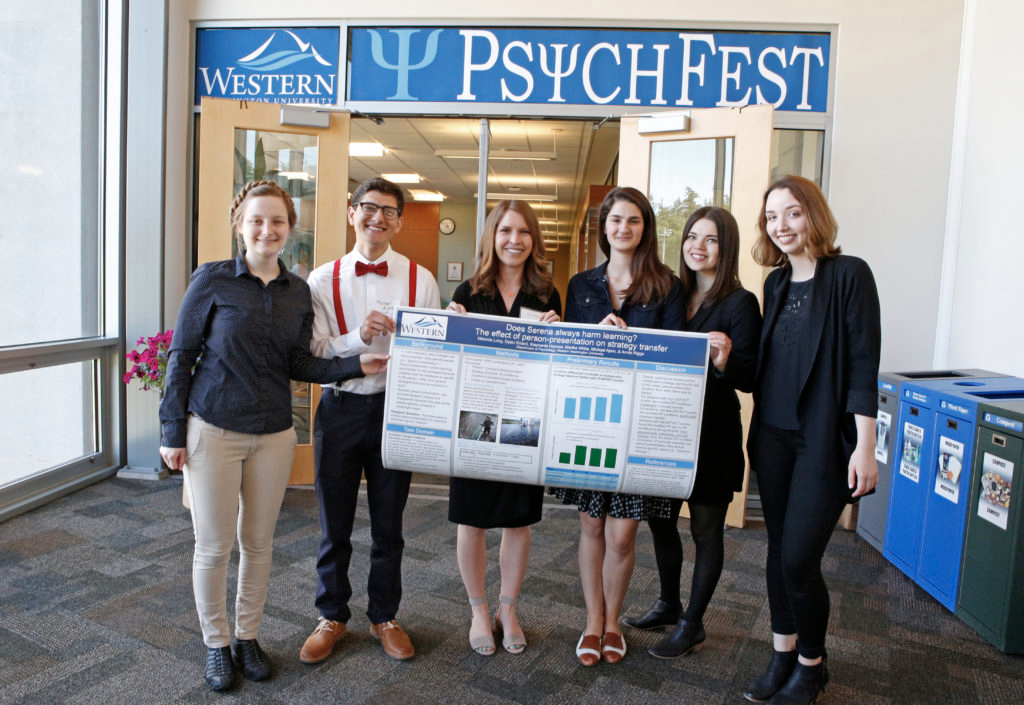Social Cognitive Development Lab
In the Social Cognitive Development Lab, directed by Dr. Annie Riggs, we study how children learn and reason about their social worlds. We are currently focused on children’s understanding of complex social behavior, such as social norms, and children’s perceptions of social groups, such as gender.
Research Projects
Children's Norm Following
How do children feel when they follow social norms and rules? In this study, we ask children to learn the rules to a new game and asses how happy they are when following versus breaking rules. We also ask children to predict whether other people will feel happy when they follow the rules, particularly if the rules align with or diverge from what they want to do. We hope to better understand why young children adhere to social norms (well, most of the time!). This study is designed for 3 to 5 year-old children and takes about 10 minutes to complete. Our lab is collaborating with the Social & Moral Development Lab on this project.
Parent-Child Conversations about Gender
Children rapidly acquire knowledge of gender norms in their first few years of life. They see examples of people following gender norms and of people breaking gender norms. In this study, we are interested in how parents and children talk about these situations in their everyday lives. If a child comes home from school with questions about a peer who does not follow gender norms, what type of conversation ensues? This study is designed for children ages 6 to 8 and a parent, who together come to the lab. The study takes approximately 20 minutes to complete.
Social Norms in Pretend Play
Is it ok or is it not ok to pretend to wear your pajamas to work? Or to pretend to sleep with your shoes on? We are interested in children’s pretend play and how children use pretending to learn about the social world. In particular, we are interested in what 3- to 5-year-old children think about pretending to do things that would be very unusual in the real world, like eating a hamburger for breakfast. This study takes about 15-20 minutes to complete and is being conducted in collaboration with the Social & Moral Development Lab!
Learning New Math Strategies
What types of examples are most effective when students are learning new math strategies? We want to understand how children learn math from different people represented in textbooks. Our lab is working with the Intergroup Cognition Lab to conduct this study.
People
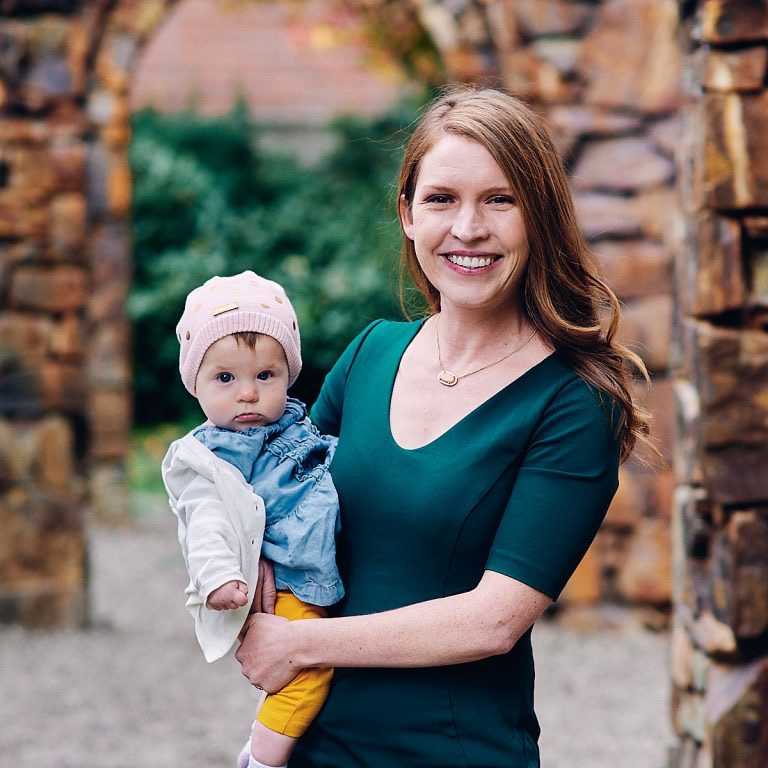
Annie Riggs, PhD
Director of the Social Cognitive Development Lab Annie is an Associate Professor in the Psychology Department at WWU. She received her Ph.D. in developmental psychology from the University of Wisconsin-Madison in 2016 and her B.A. in psychology and philosophy from the University of California Berkeley in 2009. In her free time she enjoys tennis, yoga, cooking, and exploring the beautiful Pacifiic Northwest with her family. Also pictured: future participant of the SCD Lab, Eden! As a child, Annie wanted to be a meteorologist and her favorite books were the Boxcar Children and Harry Potter.
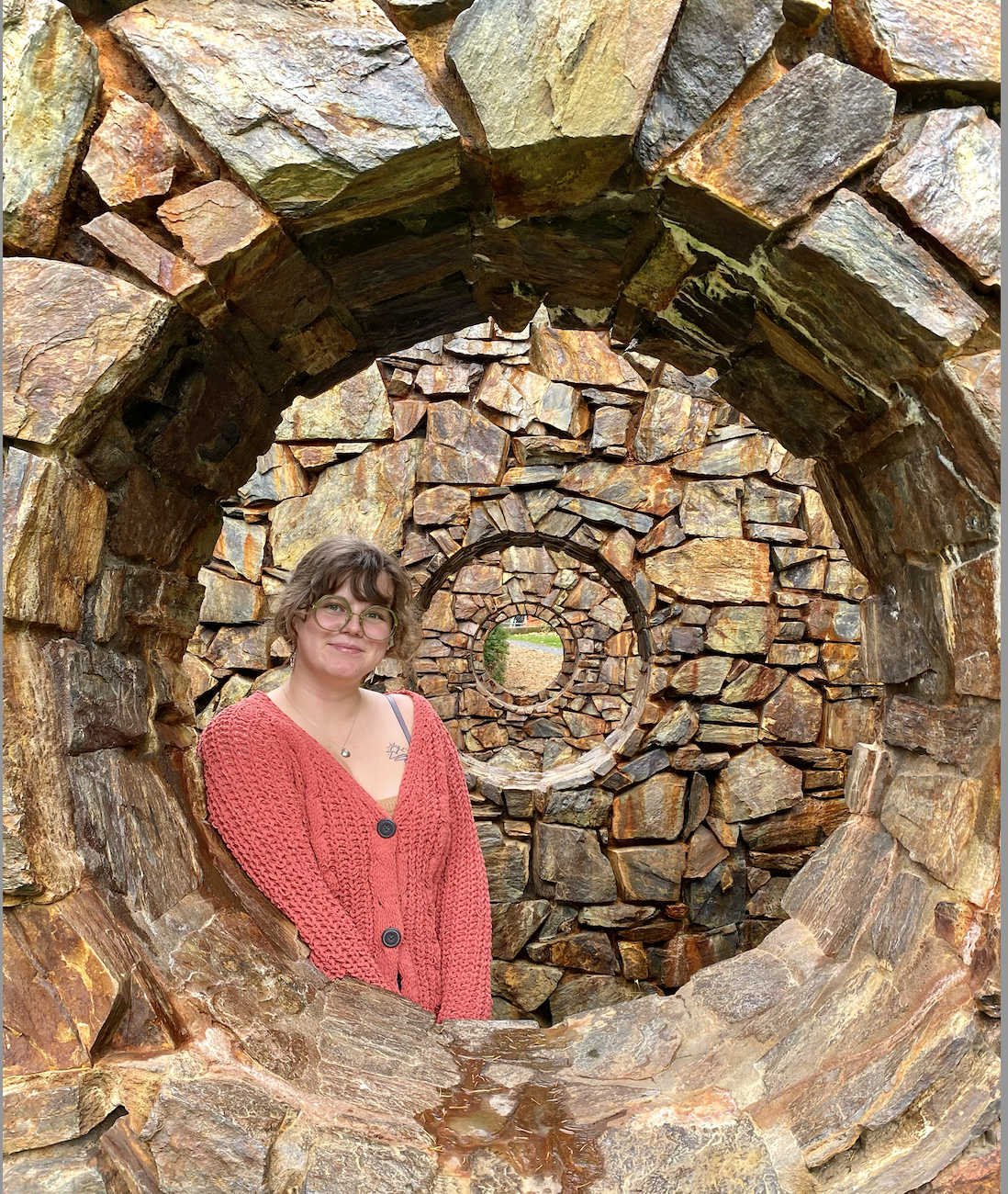
Alice Curtis
Research Assistant
Alice is a sophmore at Western Washington University pursuing a major in Behavioural Neuroscience and a minor in Psychology. In her free time, she enjoys crocheting, hiking, and lying in the sun with her bearded dragon. After graduating, Alice plans on going to graduate school to get a doctorate in Psychology to become a forensic psychologist. When she was little, she wanted to be an author, and her favorite book was “Sammy Keyes”.
Holly Morales
Research Assistant
Holly is a Junior at Western Washington University and is working her way toward a doctorate in psychology. In her free time, she loves driving around Bellingham exploring the city, blasting her favorite songs while singing along terribly, and laughing with the people she loves. Holly plans on pursing a career in research psychology after finishing up at WWU and graduate school. When she was little, her dream job was to be a doctor and her favorite book series was A Series of Unfortunate Events.
Mallory Heaton
Research Assistant
Mallory is a senior at Western Washington University majoring in Psychology with a minor in Women, Gender, and Sexuality Studies. In her free time she enjoys reading, baking, and spending time outside. Mallory plans on pursuing a Master’s degree in clinical psychology. When she was little, Mallory wanted to be a teacher and her favorite book was Wildwood.

Mai Lewis-Shunk
Research Assistant
Mai is a junior at Western Washington University majoring in Psychology and minoring in Spanish. They spend their free time hiking, playing guitar, reading, and hanging out with good friends. After graduating, Mai is planning on going to graduate school to study clinical mental health or school counseling. When they were little, Mai wanted to be an astronaut and their favorite book was "The Giving Tree".
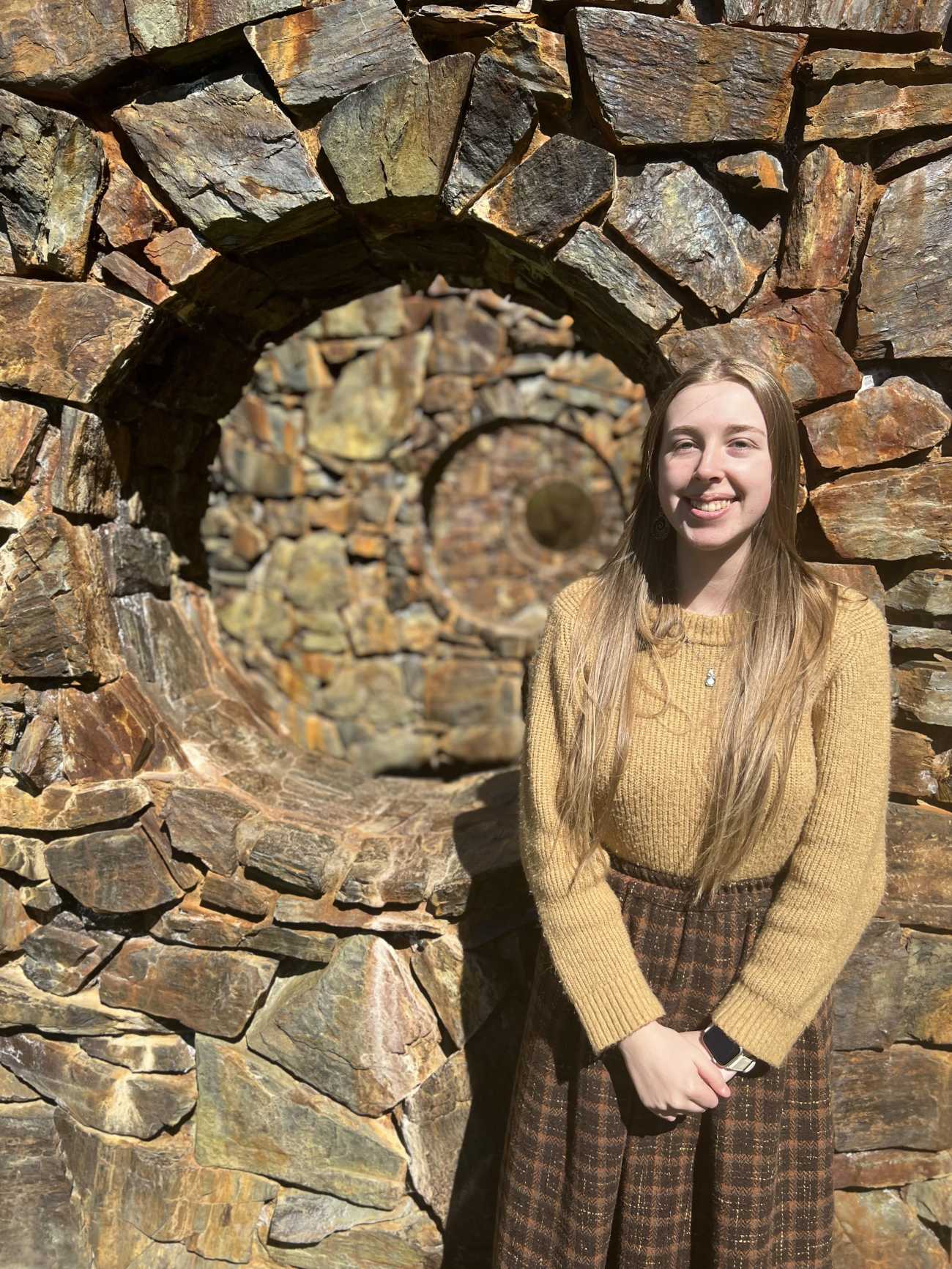
Emma Little
Research Assistant
Emma is a Junior at Western Washington University and is studying to receive her degree in psychology. In her free time, she enjoys photography, cross-stitching, hiking, and kayaking. Emma plans on going to graduate school to receive a Master’s, and afterwards pursuing a career in therapy. When she was a kid, Emma wanted to be a marine biologist, and her favorite books were The Magic Tree House series.

Charlotte Curry
Research Assistant
Charlotte is a junior at Western Washington University pursuing a major in Psychology, and minors in Anthropology & Museum Studies. She spends her free time journaling, reading, being in nature, and watching bad reality TV. After graduating, she plans on attending grad school to become a school psychologist. When she was little, she wanted to be a singer, and her favorite book series was Percy Jackson and the Olympians.
Publications
Riggs, A.E. & Fast, A.A. (Stage 1 in principle acceptance). Happy Normativists: Do children express happiness when following conventional norms? Developmental Science.
Fast, A.A. & Riggs, A.E. (2024). Preschoolers negatively evaluate conventional norm violations in pretend play. Journal of Experimental Child Psychology.
Riggs, A.E., Kinard, D. & Long, M. (2022). Sex Roles. Children’s evaluations of gender non-conforming peers.
Riggs, A.E. & Gonzalez, A.M. (in principle acceptance). Similarity or Stereotypes? An investigation of how exemplar gender guides children’s math learning. Developmental Science.
McLean, K.C. & Riggs, A.E. (2021). No age differences? No problem. Journal of Infant and Child Development.
Riggs, A.E. (2020). Is or ought? Reactions to violations help children to distinguish norms and regularities. Journal of Experimental Child Psychology, 194, 104822.
Riggs, A.E. & Long, M. (2020) The Domain Frequency Association: A mental shortcut to guide children’s generalization of norms and preferences. Cognitive Development, 54, 100853.
Riggs, A.E.(2019) Social Statistics: Children use statistical reasoning to guide their inferences about the scope of social behavior. Developmental Psychology.
Riggs, A.E., Alibali, M.W., & Kalish, C.W. (2017). Does it Matter How Molly Does it? Person-Presentation of Strategies and Transfer in Mathematics. Contemporary Educational Psychology.
Riggs, A.E. & Kalish, C.W. (2016). Children’s Evaluations of Rule Violators. Cognitive Development.
Riggs, A.E. & Young, A.G. (2016). Developmental changes in children's normative reasoning across learning contexts and collaborative roles. Developmental Psychology.
Riggs, A.E., Alibali, M.W., & Kalish, C.W. (2015). Leave her out of it: Person-presentation of strategies is harmful for transfer. Cognitive Science. doi.org/10.1111/cogs.12224
Riggs, A.E., Kalish, C.W., & Alibali, M.W. (2014). Property content guides children’s memory for social learning episodes. Cognition, 131 (2), 243-253. doi:10.1016/j.cognition.2014.01.004
Riggs, A.E., Kalish, C.W., & Alibali, M.W. (2014). When you’ve seen one, have you seen them all? Children’s memory for general and specific learning episodes. Developmental Psychology, 50(6), 1653-1659. doi: 10.1037/a0036130
Lab Photos
